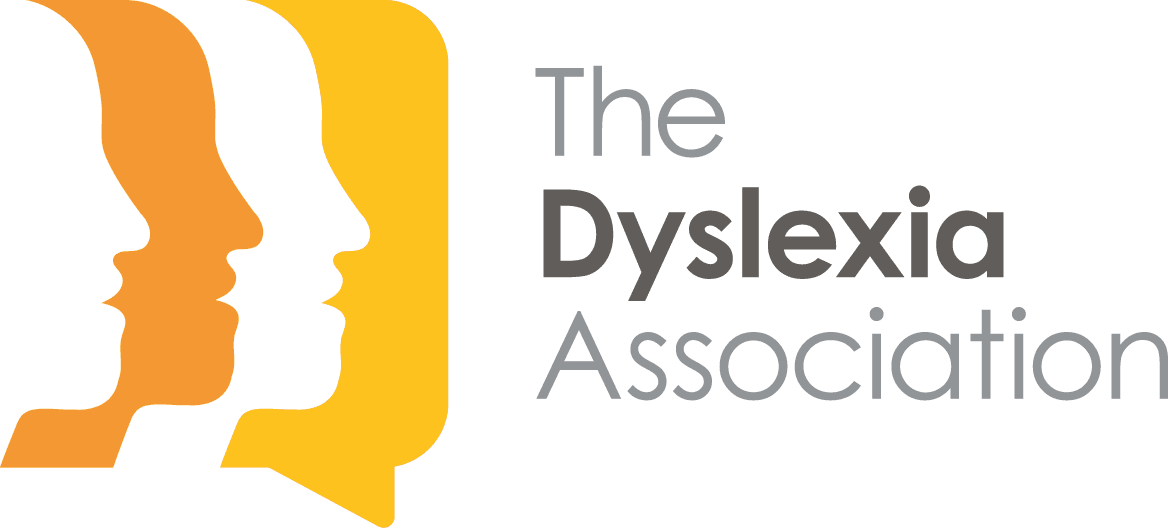The Dyslexia Association adopts the Delphi Definition of Dyslexia:
Nature
The nature and developmental trajectory of dyslexia depends on multiple genetic and environmental influences.
Manifestation
Dyslexia is a set of processing difficulties that affect the acquisition of reading and spelling. The most commonly observed cognitive impairment in dyslexia is a difficulty in phonological processing (i.e. in phonological awareness, phonological processing speed or phonological memory). However, phonological difficulties do not fully explain the variability that is observed. Working memory, processing speed and orthographic skills can contribute to the impact of dyslexia.
Impact
In dyslexia, some or all aspects of literacy attainment are weak in relation to age, standard teaching and instruction, and level of other attainments. Across languages and age groups, difficulties in reading fluency and spelling are a key marker of dyslexia.
Variance and Co-occurrence
Dyslexic difficulties exist on a continuum and can be experienced to various degrees of severity. Dyslexia can affect the acquisition of other skills, such as mathematics, reading comprehension or learning another language. Dyslexia frequently co-occurs with one or more other developmental difficulties, including developmental language disorder, dyscalculia, ADHD, and developmental coordination disorder.
Carroll, J., Holden, C., Kirby, P., Snowling, M. J., & Thompson, P.A. (2025) Journal of Child Psychology and Psychiatry.
